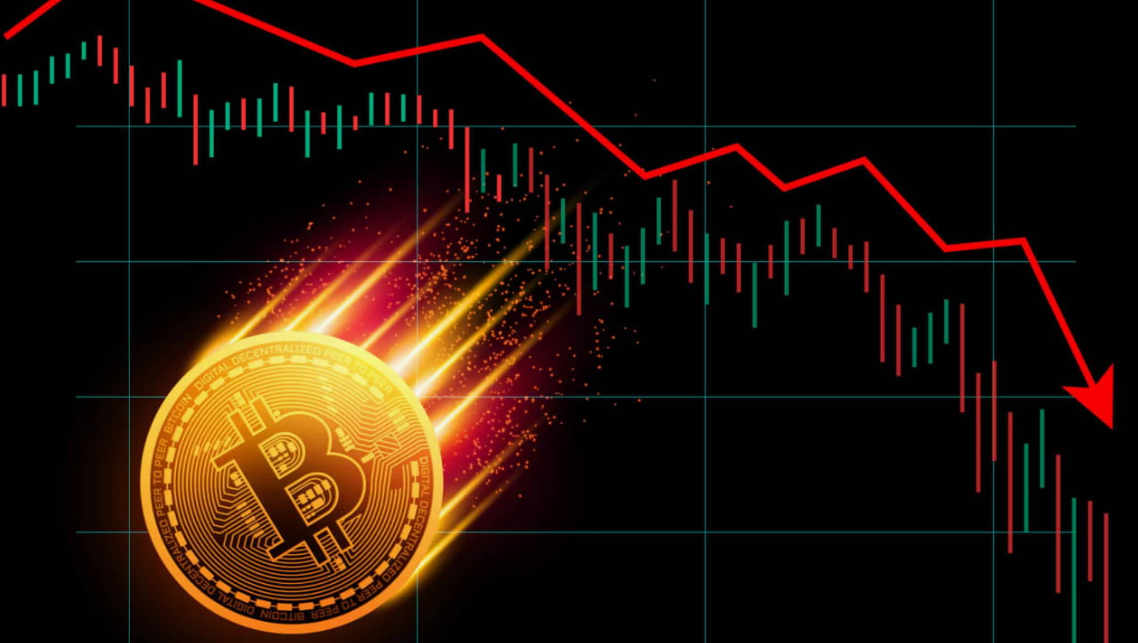Foreign exchange (forex) is a market that’s always moving and shaking. With global economic changes, forex has become even more interesting. This year has already seen some big shifts, and it’s no surprise that traders and investors are watching every little move. But how exactly is forex adapting to economic shifts? Let’s dive into a mid-year analysis of forex’s response to the world’s economic scene.
What’s Causing the Changes in Forex?
The foreign exchange market is incredibly sensitive to economic factors, and this year is no different. Let’s explore some of the key factors affecting forex in 2024:
1. Inflation Rates and Forex
- Inflation has been a major driver in 2024. Countries with high inflation are seeing their currencies weaken, which affects currency pairs worldwide.
- Central banks are reacting differently based on inflation levels, and their decisions are impacting currency values.
- For example, the U.S. dollar is influenced by the Federal Reserve’s approach to managing inflation.
2. Interest Rate Policies
- Central banks across the globe are adjusting interest rates in response to economic pressures. When rates go up, currencies often strengthen; when rates drop, they weaken.
- This year, we’re seeing some unexpected rate changes as central banks aim to support economies. These changes are pushing traders to adjust their strategies quickly.
3. Global Trade Tensions
- Trade relations and disputes are always a wildcard in forex. Trade tensions between big economies like the U.S. and China influence currency values as traders brace for potential changes.
- Countries heavily involved in global trade might see their currency fluctuate depending on these relations, making forex adaptation crucial.
4. Political Events and Policies
- Politics play a huge role in forex. Elections, policy changes, and even sudden leadership changes can shake up the forex market.
- Traders are keeping an eye on political stability as it could mean stability or volatility for their trades.
Forex’s Adaptability in the Face of Economic Shifts
Now that we know what’s shaking up forex, let’s talk about how forex adapts to these changes. This adaptability is a key factor in the forex market’s resilience.
Short-Term vs. Long-Term Trading Adjustments
- Short-term traders, like day traders, are quick to adapt to changes in the market. They focus on immediate reactions to economic data, which means quick adjustments when economic shifts happen.
- Long-term traders, on the other hand, take a broader view. They look at trends over months or even years, so while they consider economic shifts, they also think about bigger economic cycles.
- FXpricing, with its real-time data and historical data tools, gives both types of traders an edge by helping them see both the present shifts and historical patterns.
The Role of Data in Forex Adaptation
- Forex traders now have more data at their fingertips than ever before. Using advanced forex cross-rate analysis tools, traders can make quicker, more informed decisions.
- FXpricing provides real-time forex, crypto, stocks, and commodity data, which is key for traders needing up-to-the-minute updates. Having access to this data allows for better strategy planning as economic shifts happen.
Key Forex Strategies Amidst Economic Shifts
How do traders actually respond to these shifts? Let’s go over some popular forex strategies that are helping traders stay ahead of the game.
1. Trend Following
- Traders who use trend-following strategies focus on identifying economic patterns and sticking with them. This works well during times of stable economic growth or decline.
- By tracking trends, traders can adjust their trades in line with economic developments.
2. Risk Management Tactics
- With economic shifts come potential risks. Traders are using stop-loss orders, position sizing, and diversification to protect their investments.
- During economic shifts, having a solid risk management plan can be the difference between major losses and steady gains.
3. Carry Trade Strategy
- Some traders take advantage of interest rate differences in different countries. This strategy involves borrowing in a country with low-interest rates and investing in one with higher rates.
- The economic shifts affecting interest rates make this strategy highly relevant, though it’s also more complex.
How FXpricing Helps Traders Adapt
FXpricing is designed to keep traders informed and ready to act as the forex market evolves. With real-time data, customizable dashboards, and integration options, FXpricing makes it easy for traders to stay on top of the latest economic changes.
Real-Time Data and Analysis
- Traders using FXpricing get access to real-time forex, crypto, and stock data. This is crucial when adapting to fast-paced economic changes.
- By seeing live currency rates, users can react faster to shifts and make the most of opportunities.
Customizable Dashboards
- Each trader has unique needs, and FXpricing allows for customization to display the most relevant data. Whether a trader focuses on forex or keeps an eye on commodities too, the customizable dashboards mean they get the info they need in one place.
Economic Calendar
- FXpricing’s economic calendar tracks major events that could impact the forex market. With key economic indicators like GDP releases, employment data, and central bank meetings, traders can anticipate when shifts might occur and adapt accordingly.
Future of Forex Amid Continued Economic Changes
So what’s next for forex? Economic shifts aren’t going away, and if anything, they’re only becoming more unpredictable. Traders can expect to see more of the following:
- Increased Volatility: Economic shifts often lead to short-term volatility, which can be both an opportunity and a risk for traders.
- More Data-Driven Decisions: As the forex market evolves, traders are likely to rely more on data analysis to guide their strategies.
- Adaptability as a Skill: In the forex world, being able to adapt is crucial. Economic changes mean traders need to be ready to pivot their strategies quickly.
FAQs
1. What are the main economic factors affecting forex this year?
Inflation, interest rate policies, trade tensions, and political events are some of the main drivers.
2. How does FXpricing help traders adapt to economic changes?
FXpricing offers real-time data, customizable dashboards, and an economic calendar, which helps traders stay informed and ready to act.
3. What strategies can forex traders use to manage risks during economic shifts?
Traders often use trend-following, carry trade, and risk management tactics like stop-loss orders to manage risks.
4. How do short-term and long-term forex traders adapt differently?
Short-term traders make quick adjustments based on immediate economic data, while long-term traders focus on broader trends.5. Why is data important in forex trading during economic shifts?
Data allows traders to make informed decisions and adapt strategies based on real-time information.





